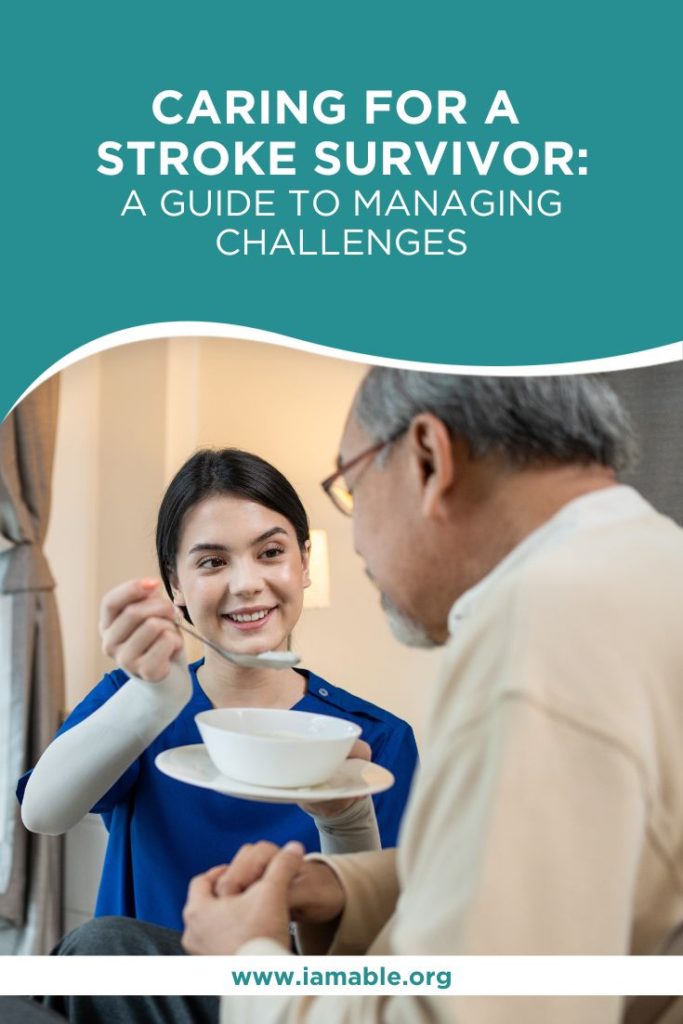Miami, FL 33186

Stroke is among the leading cause of long-term disability. In America alone, it affects roughly 795,000 individuals yearly, with a large majority experiencing stroke for the first time. Notably, most stroke survivors often require years of therapy to regain strength and mobility, and many need help with even the simplest tasks. Hence, family members must know some of the usual challenges of stroke recovery. This will help patients improve their care plan, manage risks, and ensure a smooth journey. Learn more about the challenges that stroke survivors face as they heal and recover. We’ll also cue you in on the importance of seeking timely stroke therapy in Miami.
A stroke can have life-changing consequences for both the patient and their loved ones. So, it’s important to remember that patients may be unable to perform tasks typical in one’s day-to-day routine after a stroke.
They may need help with everyday activities, such as dressing, bathing, and eating. Depending on the extent of their disability, many stroke survivors will require years of physical and occupational therapy to regain the use of their extremities. Therefore, a patient’s designated carer must find balance in helping a loved one work around physical impairments and caring for oneself and other family members.
The patient care challenges that family members of stroke survivors encounter are unique, to say the least. A few examples include the following:
Most people don’t know how best to help their loved one recover from a stroke. This can lead to isolation, stress, and anxiety for both parties involved, especially because of the communication barriers and additional problems like dementia and personality changes after a stroke.
One way you can cope with this challenge is to set your expectations. Learn as much as you can about your loved one’s condition, such as:
Looking after a stroke survivor can be extremely overwhelming, especially if the responsibility has been thrust upon you unexpectedly. You might also feel guilty for struggling to provide your loved one with everything needed to speed up the body’s recovery. To avoid getting stuck in this situation, you might find it extra helpful to keep the following in mind:
Family members caring for loved ones who survived stroke often get caught up in making sure everyone else eats well and forget about themselves. Make sure that there’s plenty of healthy food available at all times so that everyone can eat well and stay in good shape.
It is important to remember that you are not alone. Ample resources are available to help you and your family manage this difficult chapter in your life. We encourage connecting with support groups and organizations that offer assistance with home care solutions and therapy.
Since stroke is a very serious condition, it is important that you treat your loved one with extra care and patience. Additionally, you should seek proper medical and healthcare options to boost your loved one’s chances of recovering from their strokes.
The following are some of the most widely used forms of stroke therapy in Miami that you can integrate into your loved one’s care plan:
As you care for a loved one who has just experienced a stroke, you may be feeling overwhelmed. Your life was turned upside down and your daily routine is out of whack. It’s important to remember that this is normal and temporary — but it helps to know what to expect during this time and when or how best to get help.
Physical therapy is a critical component of recovery from a stroke, and it’s essential that patients continue with PT even after they’ve left the hospital. The more active a patient is during recovery, the sooner the body can resume normal daily functions and regain independence. Also, staying in shape through PT can help prevent future conditions like diabetes or heart disease—a big win for everyone involved! For the best support for stroke therapy in Miami, visit iAM ABLE!
iAM ABLE is located in Miami and serves surrounding towns and cities. Our therapists incorporate advanced techniques into our client’s recovery and rehabilitation programs. You can book your consultation and sessions with us via email or phone at (305) 283-9717. We are open Mondays through Fridays from 10 am to 6 pm.
We also encourage you to grab your FREE copy of our eBook on Thriving after a Paralysis to give yourself a better perspective on how you can help your loved one overcome the consequences of a stroke.
Grab our free e-book 7 Unbelievably Important Steps to Take to THRIVE after Paralysis by clicking the image below.
